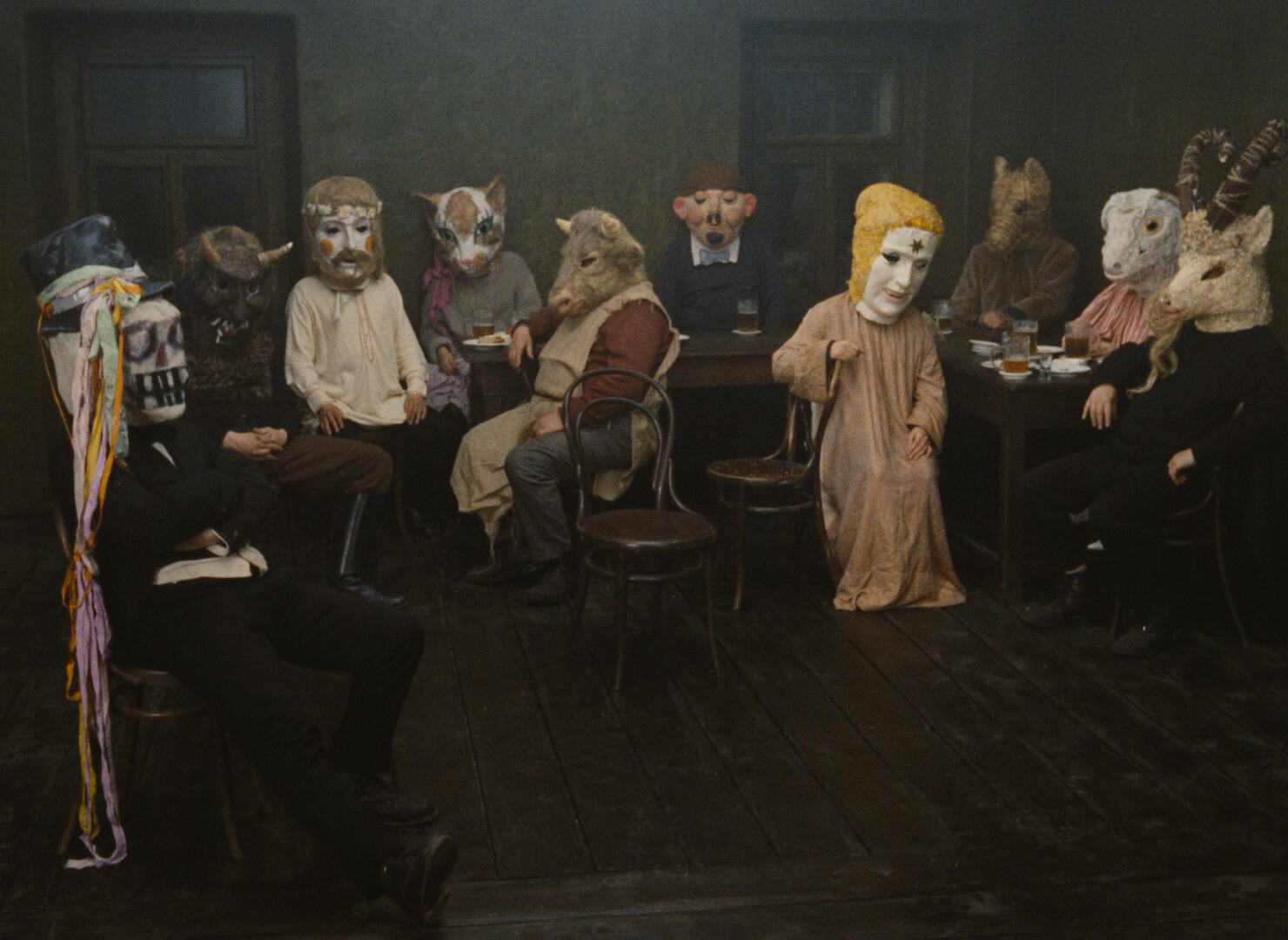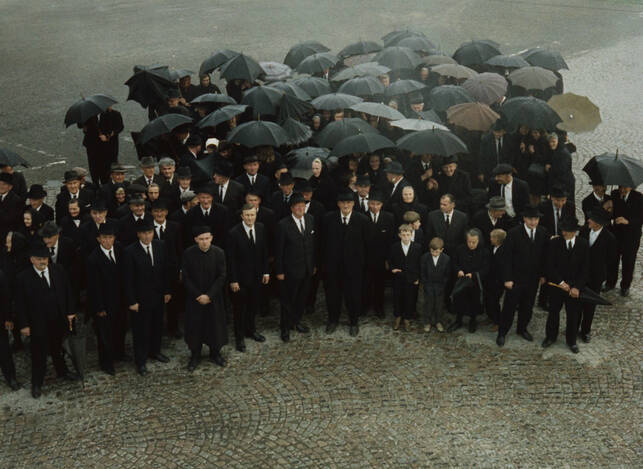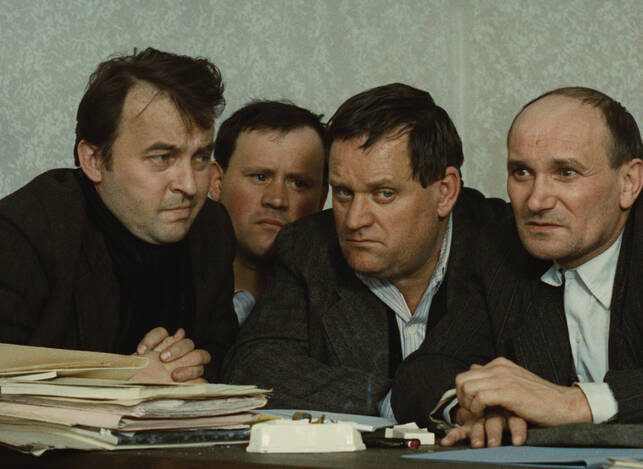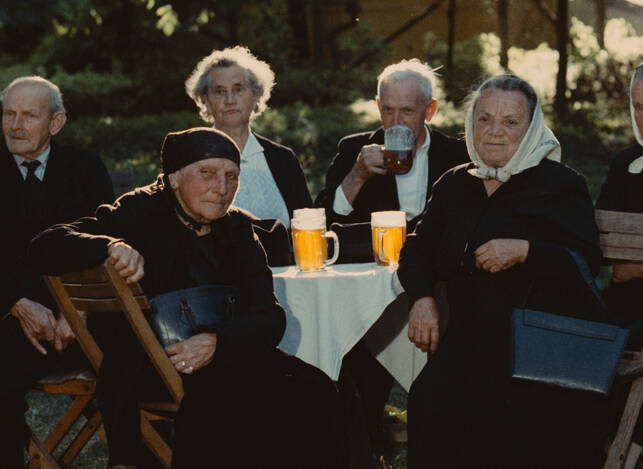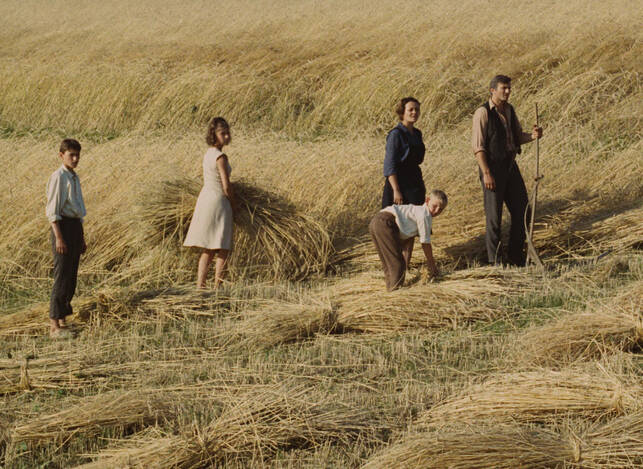Summary
Všichni dobří rodáci (All Good Countrymen) is considered to be one of the greatest of all Czechoslovak films. However, soon after its July 1969 premiere, the film, from writer-director Vojtěch Jasný, found itself on the list of banned works. In 1970, Jasný emigrated and continued his filmmaking career in Germany. But Vojtěch Jasný ultimately returned to Czech film via Návrat ztraceného ráje (Which Side Eden, 1999), which serves as a loose sequel to Všichni dobří rodáci. These two movies are viewed as the highpoints of Jasný’s directorial career. Jasný’s 1968 effort won him a Best Director award at that year’s Cannes Film Festival. Všichni dobří rodáci was also awarded the Technical Grand Prize – Special Mention at this same festival in recognition of the excellent colour cinematography of Jaroslav Kučera. Indeed, the camera essentially serves as an additional character in this film, which tells the story of several neighbours in a small Moravian village, whose sense of joyful solidarity is strongly disrupted by the advance of 1950s collectivisation policies. This poetic chronicle in which director Jasný drew inspiration from his native town of Kelč, also boasts tremendous costume design from Ester Krumbachová. Innovative experimentation with colours, contrasts and natural light infuses Všichni dobří rodáci with an unforgettable atmosphere: it is an archetypically “pleasant” film, whose visual beauty contrasts strongly with (and perhaps even masks) the painful events depicted in the story. Jasný’s film is filled with a poetic spirit, occasionally elevated to truly surrealistic moments, which are in perfect harmony with the film’s themes of love and death – and which touch most of the main characters of the film. While love pangs draw local postman and an attractive widow into an outwardly carefree existence, the efforts of the kleptomaniac neighbour Pyřk (Vladimír Menšík) to outsmart fate lead to his tragic death. And the free-living peasant Zášinek (Waldemar Matuška) is impaled by a bull after being riddled with guilt for causing the death of his Jewish wife during World War II. Farmer František (Radoslav Brzobohatý) draws attention to himself; tight-lipped, honest and stubborn, he represents an almost self-destructive love for his native soil. And it he is who becomes the embodiment of a moral imperative – which inevitably leads to his falling victim to the new communist regime, violently forcing these villagers to become dislocated from their land. Jasný’s evocation of a natural harmony between the land and those who till it ends up serving as a kind of alternative patriotic mythology with true pathos.
Read more

